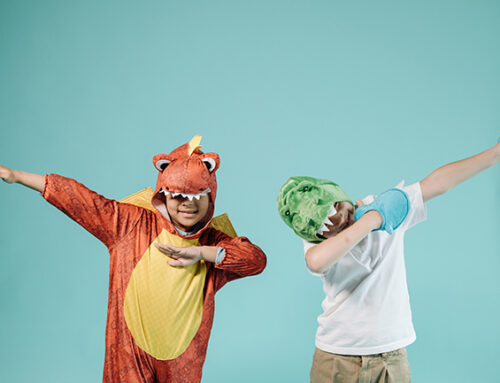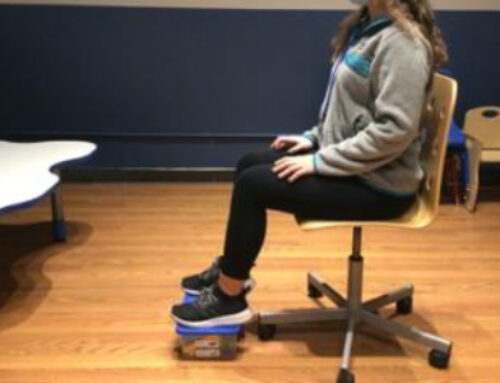What is free play?
Free play can be defined as spontaneous play that stems from a child’s natural curiosity and love of discovery. It’s any kind of unstructured activity that allows them to develop their imagination while exploring objects and the world around them! The benefits of free play when it comes to promoting a child’s overall development are never-ending, but as it relates to the development and fine tuning of gross motor skills – here are a few examples:
- A child exploring a new park may discover how much fun it is to run up and down a hill! This is excellent for developing core stability because the core must activate to stabilize the body while on an angle of a likely uneven, bumpy surface. The lower body muscles will also be challenged, right down to the little muscles of the feet! Running up/down hills promotes development of the vestibular system (balance), while also providing proprioceptive input (awareness of where the body is in space).
- When playing with a car or doll, a child will likely transition through many different positions such as tall kneeling, quadruped (hands and knees), and laying on tummy (bonus points if propped up on elbows!). These different positions all require motor planning, bilateral coordination (using both sides of the body simultaneously to perform a task), and will challenge overall strength.
- Dress-up! Stepping in/out of clothing, pulling a shirt or dress overhead, walking in shoes that are too big, spinning around in a dress or cape – all fantastic ways to challenge coordination and balance! Plus, if your child gets into character, there’s sure to be some running, climbing and jumping too!
Some kiddos may need a little help to get inspired, but it’s easy for parents to facilitate free play! Allow some toys to stay out rather than putting them away in bins and closets. If your child sees the toy, they are more likely to play with it. Open ended toys (toys that can be used in a variety of ways), are ideal for promoting free play. Think of things such as building blocks, Magna-Tiles, and doll houses. Even a big cardboard box might become a house or a spaceship! When the weather cooperates, take your little one on outdoor adventures! Make a goal of visiting one or two new parks a month.
There are many advantages of free play both inside and outside the home. Giving your child lots of opportunities for free play is one of the best things that you can do to promote overall development. Structured activities have their time and place of course, but there’s no denying that the benefits of free play can never truly be replicated!
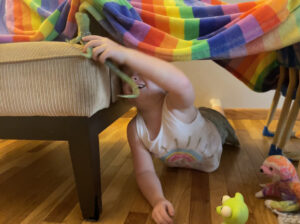
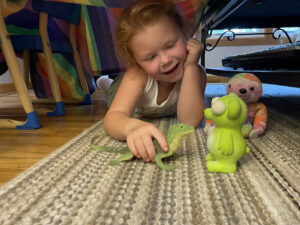
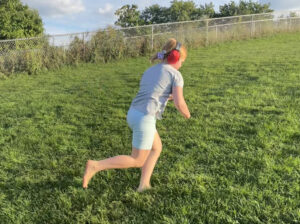
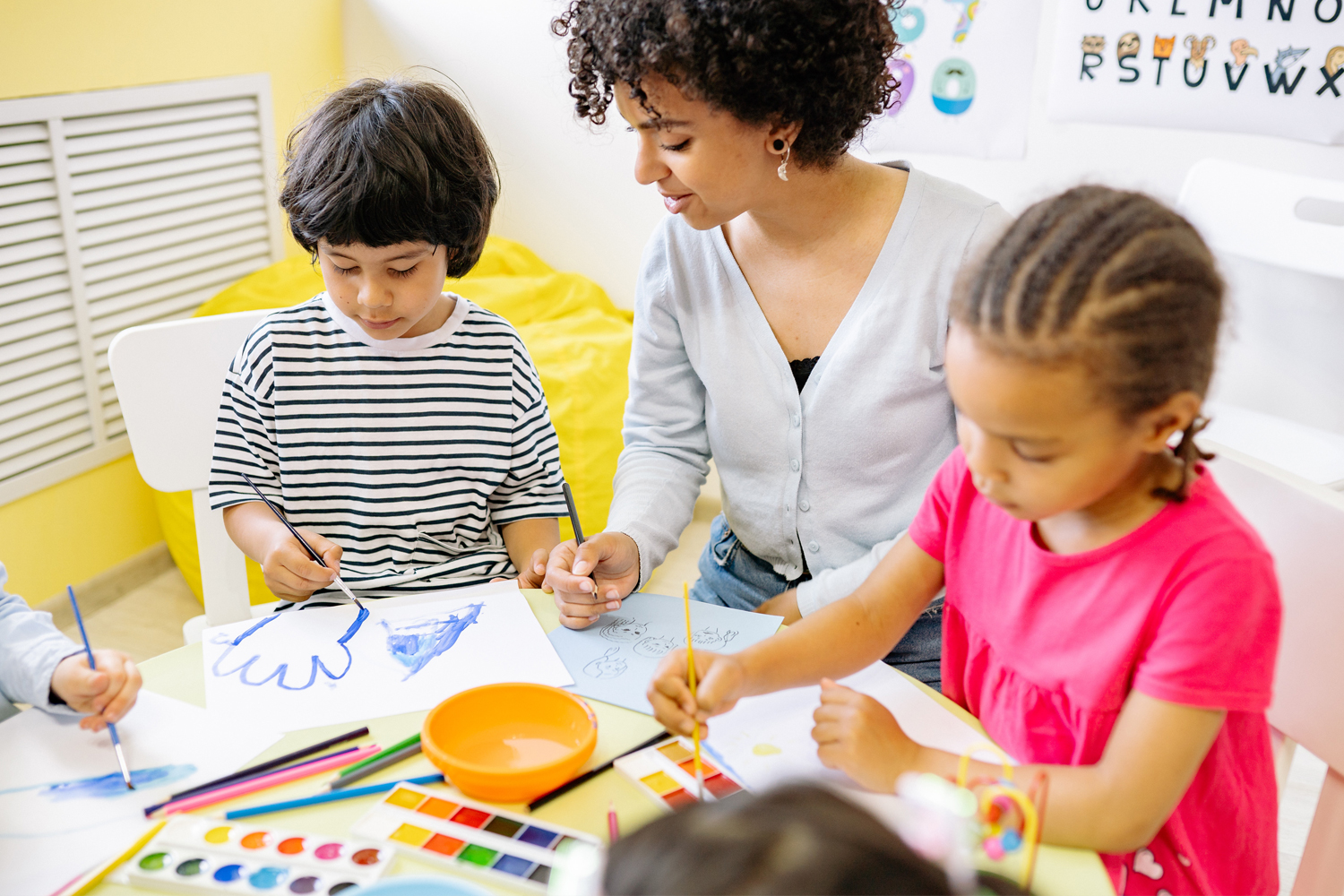
Blue Bird Day fosters socialization, sensory regulation, and pre-academic learning in children ages 2-7 years in therapeutic rotations that simulate preschool and kindergarten settings. Our compassionate therapists practice a relationship-based and family-centered approach, provide parent training, and collaborate on goals and individualized intensive treatment plans for your child.
We believe in a collaborative and multi-disciplinary team approach to therapy. A team of occupational therapists, speech-language pathologists, dietitians, developmental therapists, behavioral therapists, physical therapists, and therapeutic assistants are created for each child to ensure child and family are fully supported and the best possible results are achieved.
Options for individualized, group and virtual therapy sessions are available as well.
Want to learn more or you have a specific question? Feel free to connect with us here!


